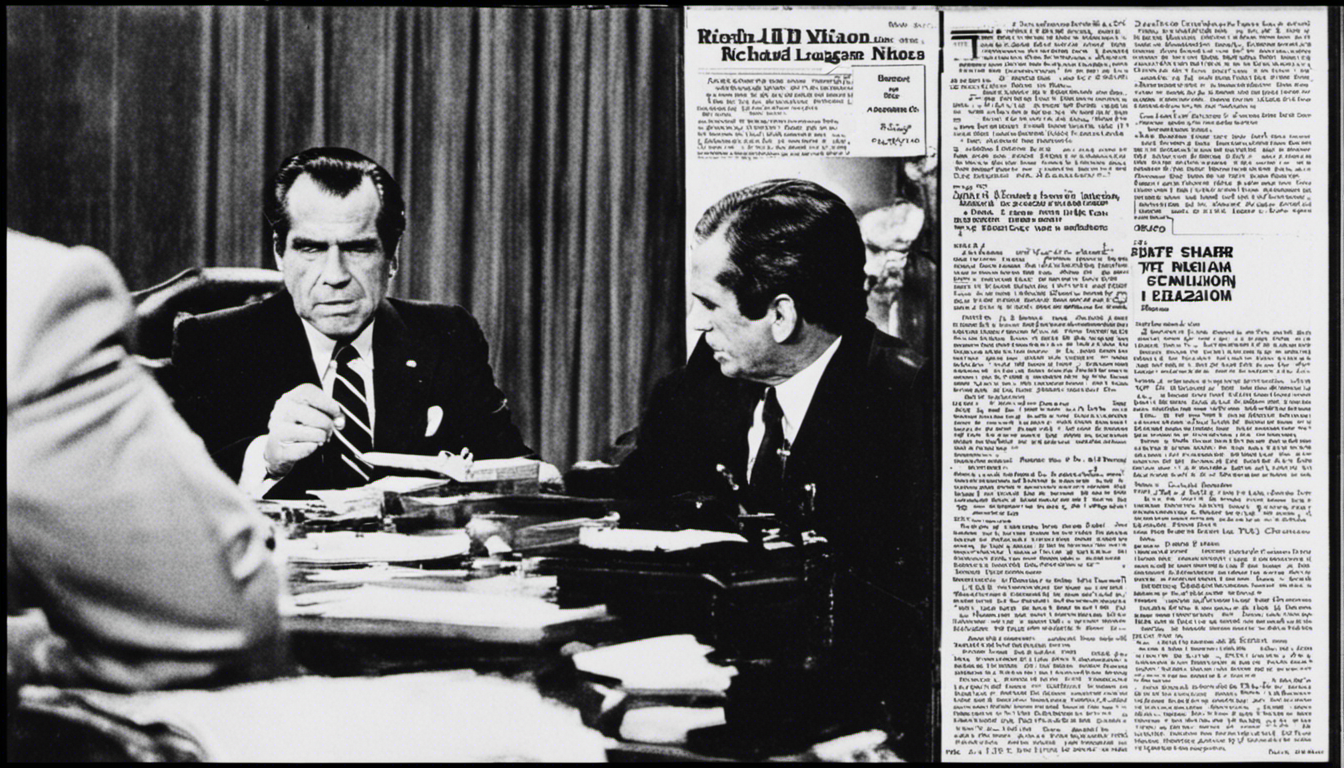Newly Uncovered Recording Reveals Nixon’s Surprising Stance on Marijuana
A recently discovered recording of former President Richard Nixon has shed new light on his views on marijuana. In the 1973 conversation, Nixon admitted that he believed marijuana was “not particularly dangerous,” contradicting his public stance on the drug.
The recording, unearthed by a Minnesota cannabis lobbyist, features Nixon discussing the issue of marijuana penalties. He expressed concern that the penalties for marijuana possession were too harsh, stating that a 30-year sentence he had recently heard about was “ridiculous.” Nixon also acknowledged that most kids were in favor of legalizing marijuana, but argued that it was the “wrong signal at this time.”
The comments come as the federal government is reconsidering marijuana’s status as a Schedule I drug. The Department of Health and Human Services has recommended moving cannabis to Schedule III, while the Department of Justice has agreed. However, the Drug Enforcement Administration (DEA) has expressed hesitation and is set to hold a public hearing on the issue in December.
Nixon’s admission that marijuana is not particularly dangerous runs counter to his public image as a drug warrior and undermines his administration’s decisions to classify it as a Schedule I drug. In 1971, Nixon declared drug misuse to be “public enemy number one” and rejected a federal commission’s recommendation to decriminalize marijuana.
The Shafer Commission, appointed by Nixon, had concluded that while marijuana use posed some health risks, the policy of criminalization was excessive and unnecessary. The commission recommended decriminalization, stating that “criminal law is too harsh a tool to apply to personal possession even in the effort to discourage use.”
Despite his private admission that marijuana was not particularly dangerous, Nixon ultimately ignored the commission’s findings and did not support fully legalizing the drug. He believed that legalizing marijuana would send the wrong message and encourage drug use.
The newly discovered recording has sparked renewed debate about the federal government’s stance on marijuana and its potential to be rescheduled.












